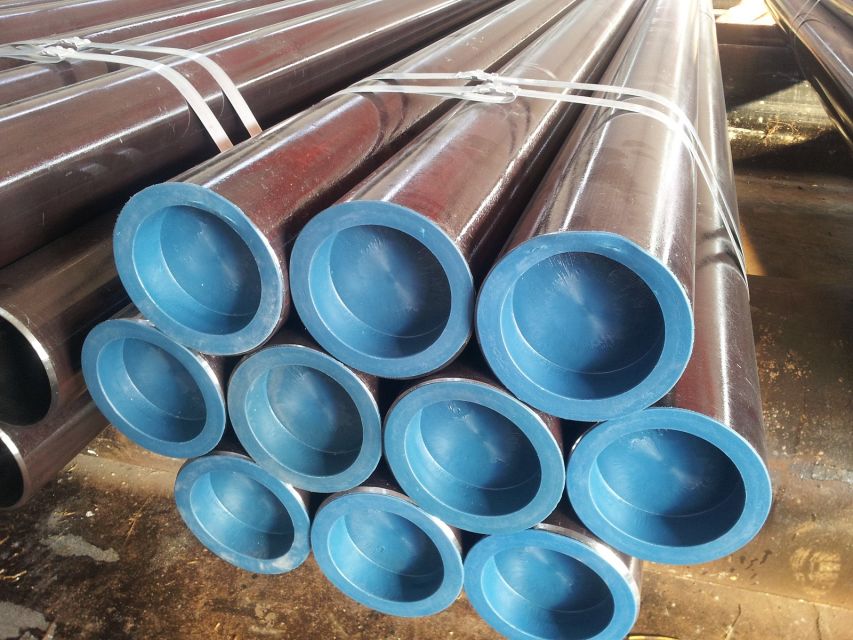Jul . 31, 2024 08:43 Back to list
Leading Manufacturers of ASTM A252 Steel Pipe for Piling and Structural Applications Worldwide
Understanding ASTM A252 A Guide for Manufacturers
ASTM A252 is a standard specification widely recognized in the manufacturing industry, particularly for steel pipe piles used in foundation construction. Established by ASTM International, this standard sets the criteria for the design, material properties, and manufacturing processes of steel pipes that are used primarily in structural applications. With its importance in civil engineering and infrastructure projects, understanding ASTM A252 is crucial for manufacturers involved in producing these critical components.
Overview of ASTM A252
ASTM A252 outlines the requirements for welded and seamless steel pipe piles. These pipes are typically used in various foundation applications, including bridges, buildings, and other structures where deep foundations are necessary. The specification encompasses three grades of steel Grade 1, Grade 2, and Grade 3, which differ in yield strength and tensile properties, allowing manufacturers to select the appropriate material based on the specific demands of a project.
The grade of steel affects the mechanical properties of the finished product, including yield strength, tensile strength, and elongation. For instance, Grade 1 has a minimum yield strength of 35 ksi (240 MPa), while Grade 3 offers a minimum yield strength of 55 ksi (380 MPa). This variance ensures that the right grade can be chosen to meet the engineering requirements of a structure while considering factors such as load-bearing capacity and environmental conditions.
Manufacturing Process
Manufacturers producing ASTM A252 pipes must adhere to strict quality control measures to ensure that the products meet the required specifications. The manufacturing process typically involves the following steps
1. Material Selection The first step involves sourcing high-quality steel that complies with the ASTM A252 specifications. This material should be free of defects and impurities.
2. Forming The steel is then heated and formed into a cylindrical shape. Depending on the grade and intended use of the pipe, manufacturers can opt for either welded or seamless manufacturing processes.
astm a252 manufacturer

3. Welding For welded pipes, the edges of the steel plate are prepared and then joined together using various welding techniques to create a continuous pipe. Quality checks during this stage are essential to ensure weld integrity.
4. Testing Extensive testing is performed to evaluate the mechanical properties of the finished pipes. This may include tensile tests, yield strength tests, and non-destructive testing methods to ensure there are no hidden defects.
5. Coating and Finishing To enhance durability and resist corrosion, pipes may be coated with protective materials. This step is particularly important for pipes used in marine environments or aggressive soil conditions.
6. Inspection and Certification Finally, manufacturers must conduct thorough inspections and acquire necessary certifications to attest that the finished product meets ASTM A252 standards. Documentation is important for both traceability and compliance with project specifications.
Importance of Compliance
For manufacturers, adhering to ASTM A252 standards is not just about meeting regulatory requirements; it is also about establishing credibility and ensuring the safety and longevity of structures built with their products. Non-compliance can lead to severe consequences, including structural failures, legal liabilities, and significant financial loss.
In a competitive market, manufacturers that prioritize quality and compliance with ASTM standards often gain a distinct advantage. Customers and contractors are more likely to trust suppliers that can demonstrate a commitment to high-quality manufacturing practices.
Conclusion
In conclusion, ASTM A252 plays a pivotal role in the manufacturing of steel pipe piles, providing a framework for quality and reliability in construction. Manufacturers must thoroughly understand this standard and implement rigorous quality control processes to ensure their products meet the necessary specifications. By doing so, they not only contribute to the safety of infrastructure projects but also enhance their reputation and competitive edge in the industry.
-
High Quality Mild Steel Pipe Manufacturers in China for Exporting Premium Industrial Solutions
NewsAug.01,2024
-
Exploring Key Characteristics of Wholesale API Steel Pipes for Your Business Needs
NewsAug.01,2024
-
Current Wholesale Prices for ERW Steel Pipes in the Market Right Now
NewsAug.01,2024
-
Exploring the Diverse Applications and Benefits of China Round Steel Pipes in Construction and Industry
NewsAug.01,2024
-
Top Quality API 5L ERW Steel Pipe Manufacturer Offering Reliable and Durable Solutions for Your Needs
NewsAug.01,2024
-
Reliable Supplier of Premium Quality Concrete Pipes for Durable Construction Projects
NewsAug.01,2024